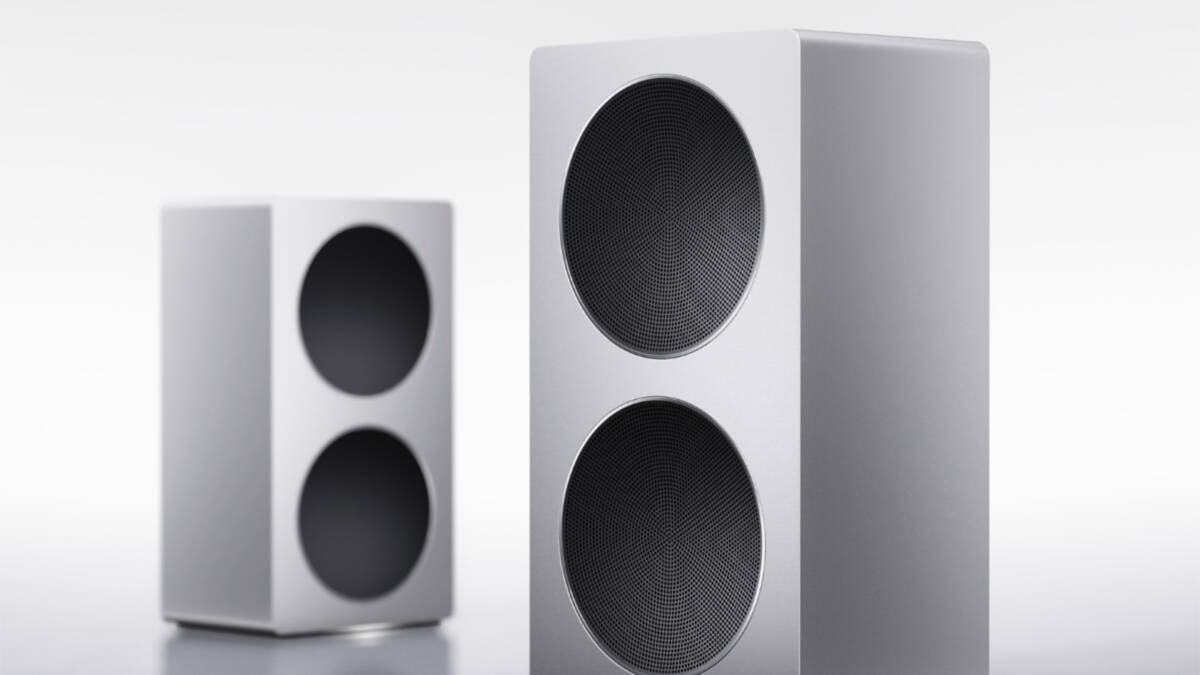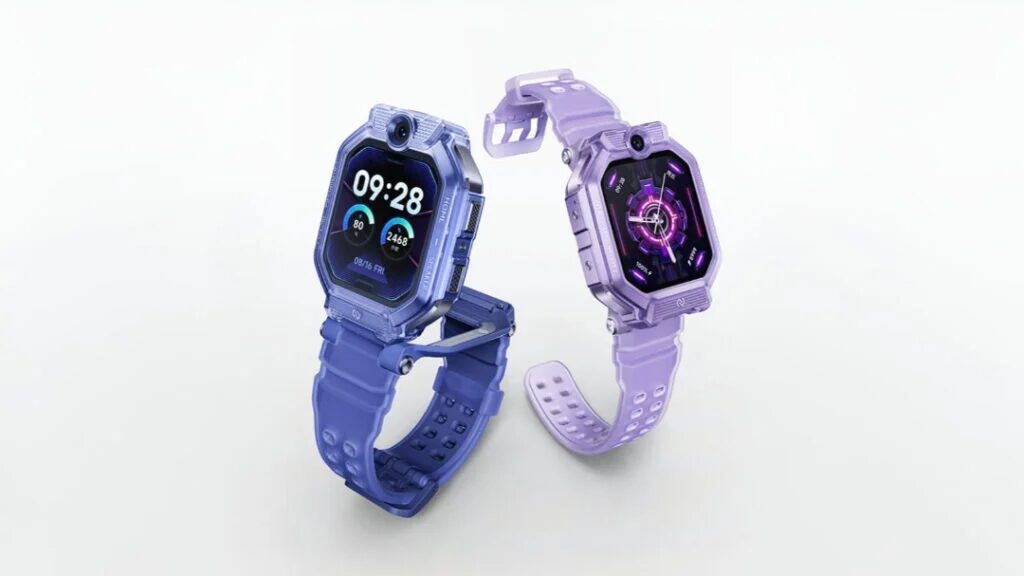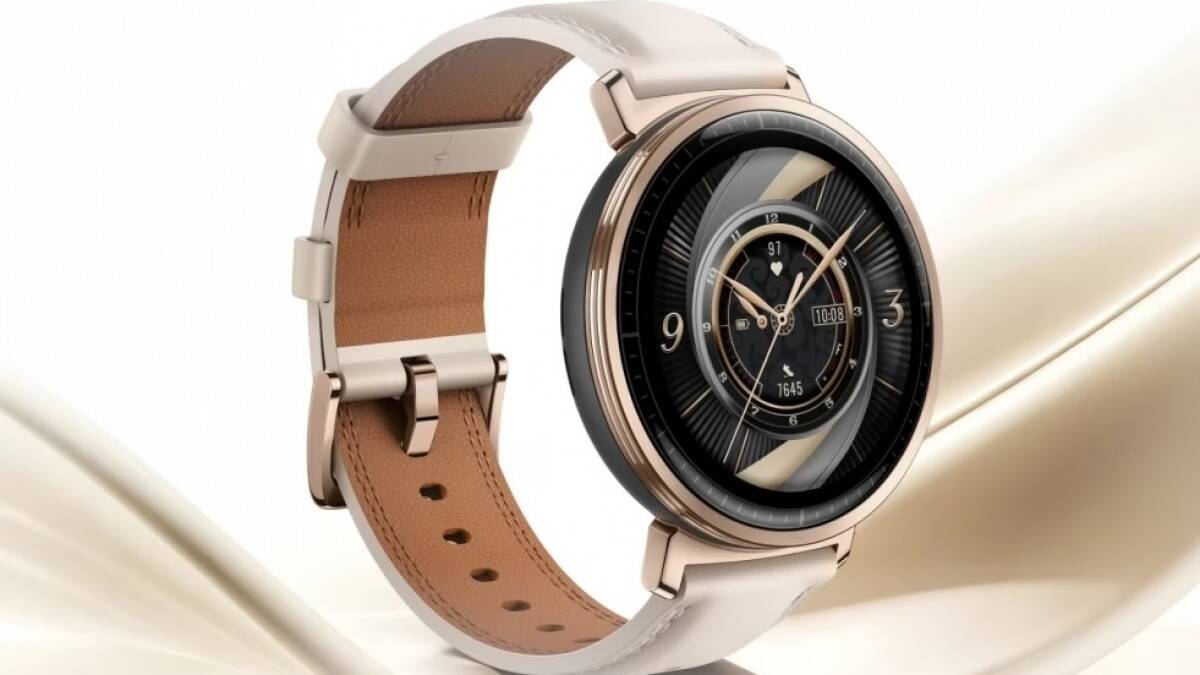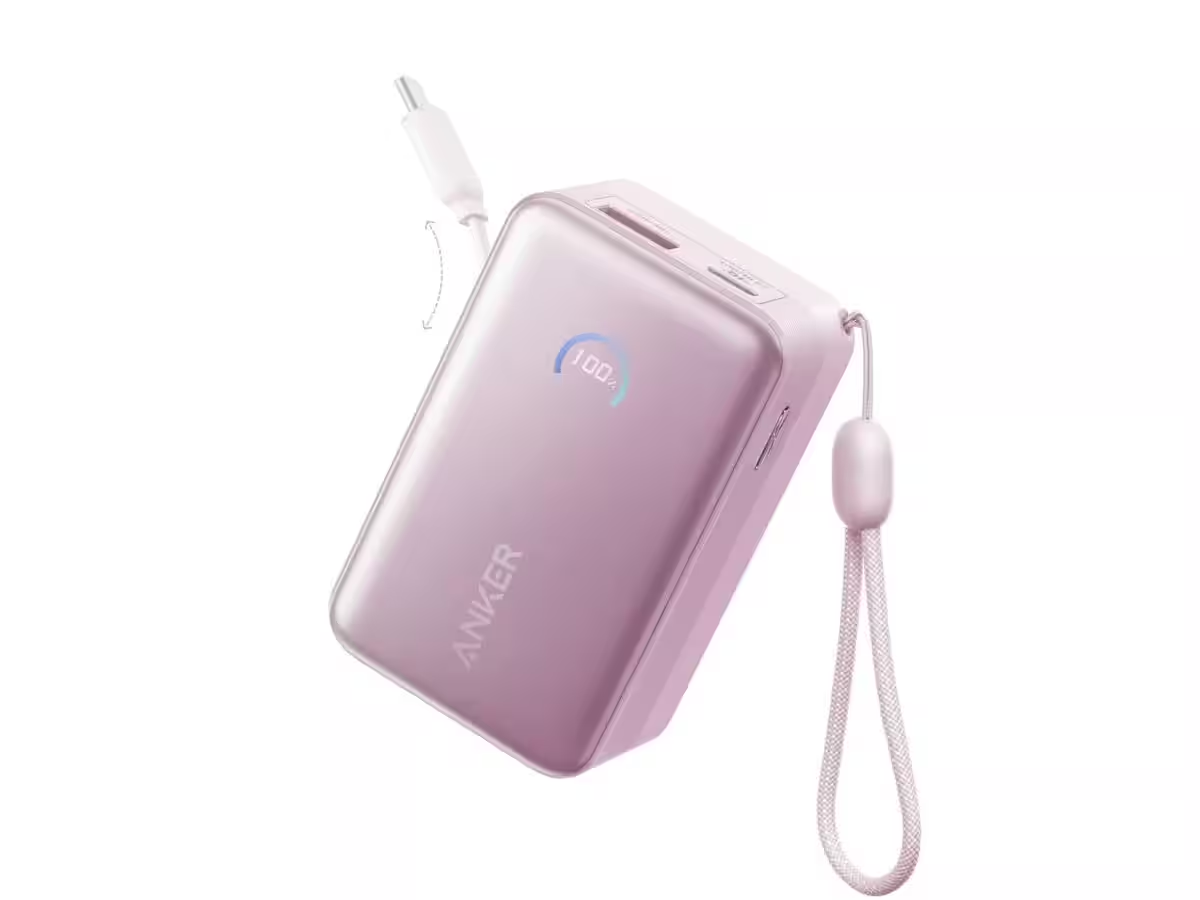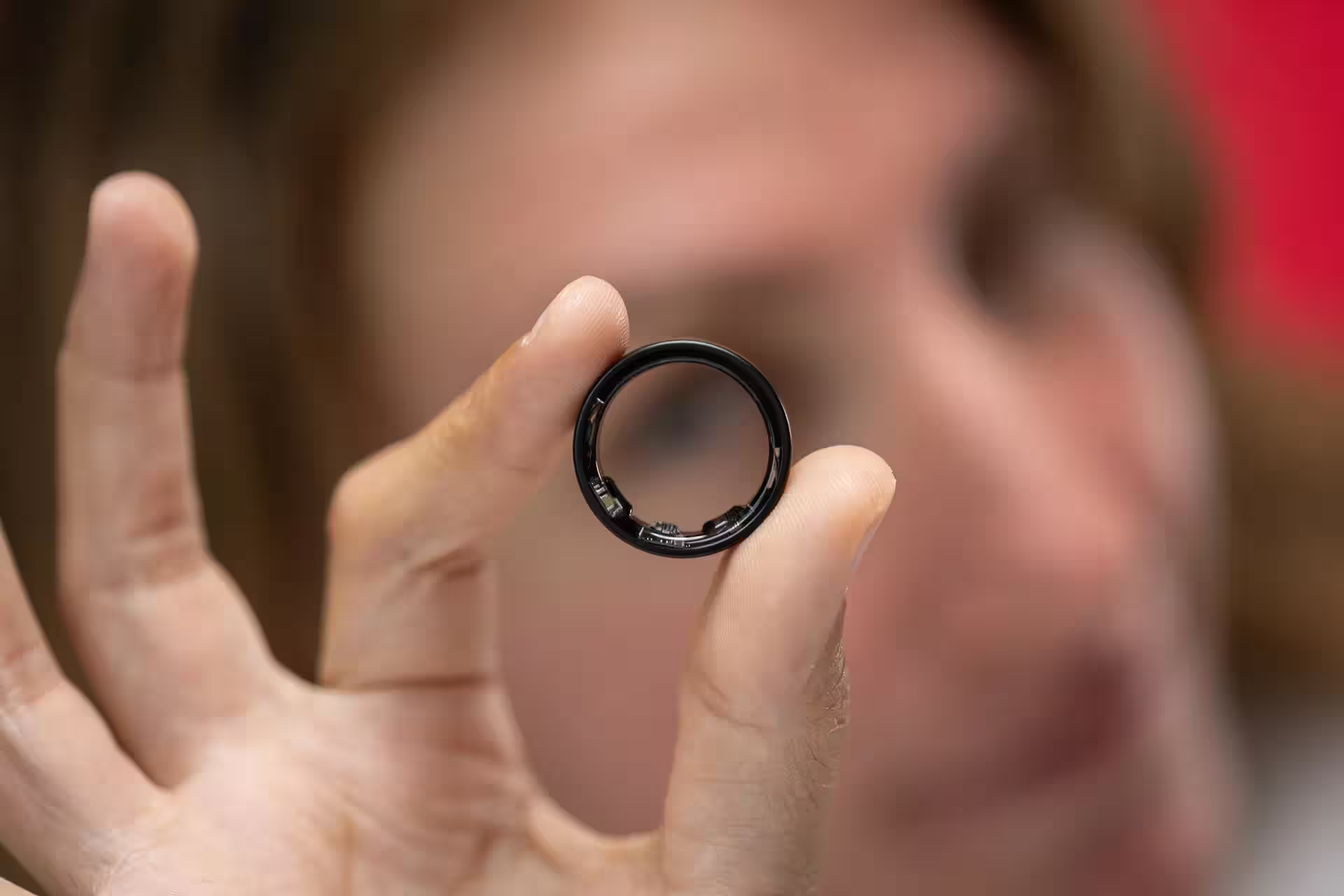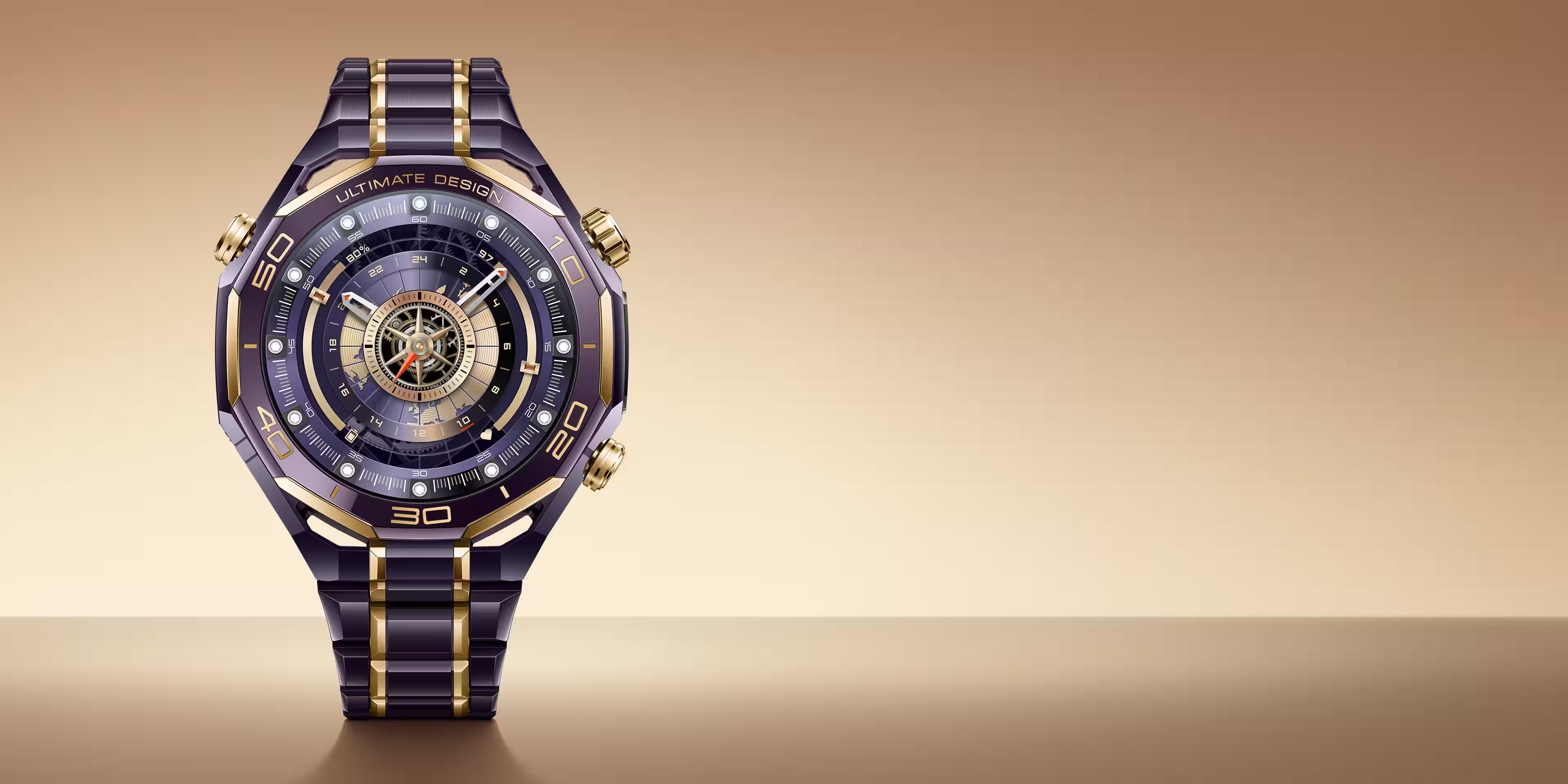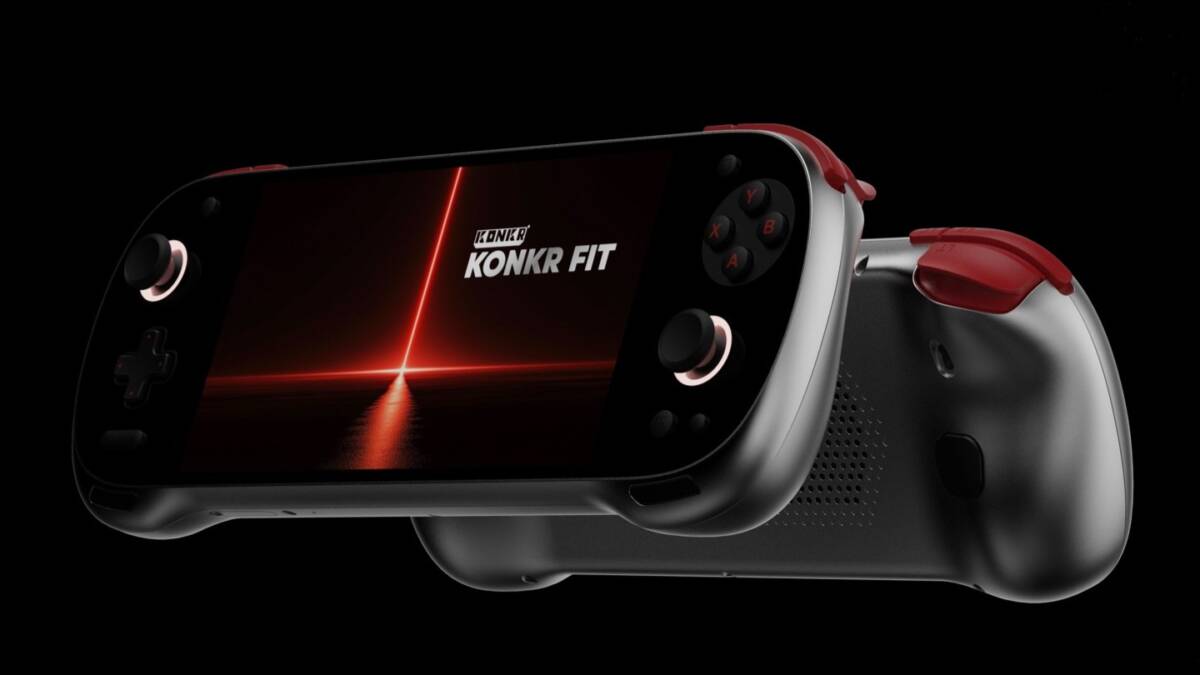Apple is developing smart glasses to compete with Ray-Ban
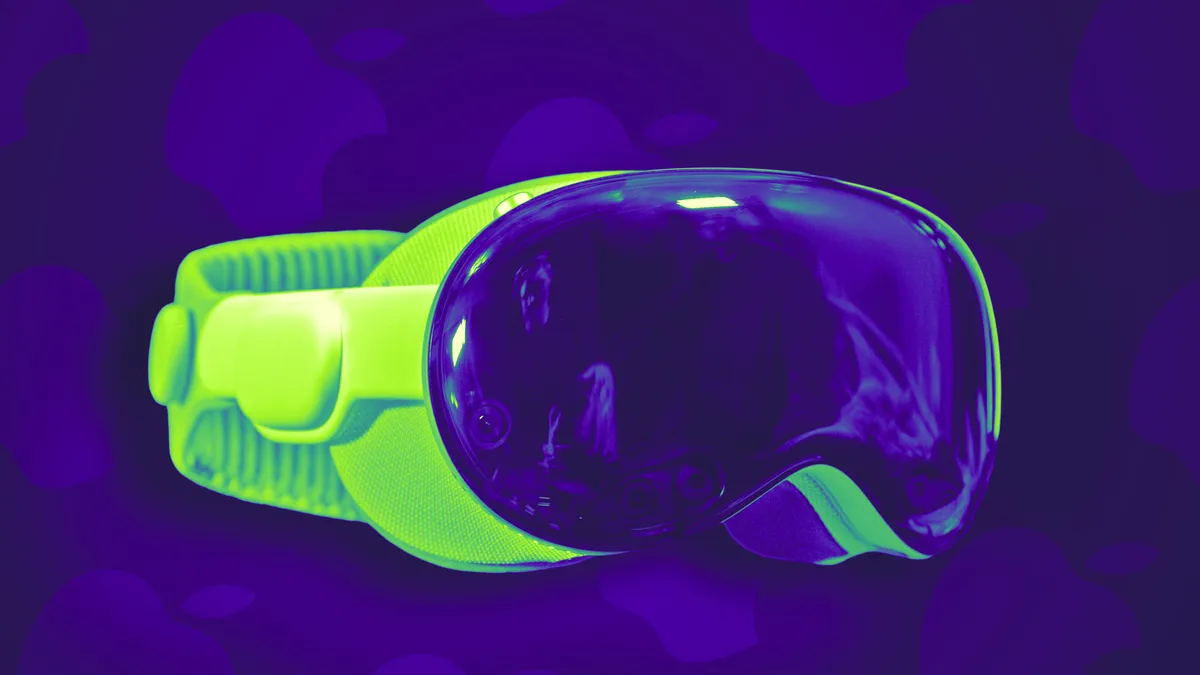
Technology giant Apple is working on its own “smart glasses,” which Bloomberg reports should compete with popular models such as Ray-Ban Stories. Apple’s new device is aimed at the mass market and should be an alternative to the more expensive Vision Pro headset. However, the potential advantage could remain with competitors: the Apple launch isn’t scheduled until 2027, giving Ray-Ban and partners the opportunity to strengthen their position in augmented reality (AR) in the coming years.
Apple’s launch is not scheduled until 2027, giving Ray-Ban and partners the opportunity to strengthen their position in augmented reality (AR) in the coming years.
Apple Vision Pro: high price holds back demand
Apple’s main problem at the moment remains the high cost of their Vision Pro – the headset is priced at $3500, making it a product for a narrow range of users. While Mark Zuckerberg has introduced the updated Ray-Ban Stories AR glasses, which are AI-enabled and have received positive user reviews, with prices starting at $299. The more affordable price range makes the American social network’s products popular with a broader consumer base, an important advantage that could make Apple’s task more difficult in the future.
At the same time, Mark Zuckerberg unveiled the updated Ray-Ban Stories AR glasses, which are AI-enabled and have received positive user feedback.
Even so, Apple intends to release a more affordable version of Vision Pro with simplified features and a less powerful chip. That model would cost nearly half as much as the original, helping the company expand its audience.
The Vision Pro would be a more affordable version of the Vision Pro, with simpler features and a less powerful chip.
Apple’s new smart glasses and AirPods with cameras
.
The research and development (R&D) investment for Vision Pro will enable Apple to create new products, including smart glasses and updated AirPods headphones with outward-facing cameras. These innovations will help integrate visual smart technology and augmented reality features into devices more familiar to users. Apple is expected to incorporate some of Vision Pro’s advanced technologies into new gadgets, including future AR glasses, but their arrival on the market will be delayed until 2027.
Apple is expected to introduce some of Vision Pro’s advanced technologies into new gadgets, including future AR glasses, but their arrival on the market will be delayed until 2027.
This gives the social network a significant advantage over the next few years, as its AR glasses are already on the market and improving with each update. Zuckerberg continues to build out the capabilities of their ecosystem, which strengthens their position in the AR device segment.
According to Zuckerberg, Zuckerberg’s AR glasses are already in the market and are improving with each update.
Competition: the protracted race for leadership in AR
.
The launch of Apple’s smart glasses in 2027 may be too late to instantly catch up with Mark Zuckerberg’s companies, which already have a strong foothold in the market. Moreover, they are actively improving both hardware and software, as well as expanding the set of services and applications for their glasses. All of this could make it much harder for Apple to capture market share in the AR device segment.
New AI features for iPhone: strengthening its position in the competition
.
Coupled with the development of smart glasses and the Vision Pro update, Apple is preparing to introduce new artificial intelligence features for the iPhone in October 2024. These improvements are aimed at making Apple’s smartphones more competitive against models from other manufacturers that have already implemented similar AI tools. Vision Intelligence AI integrated into the iPhone is expected to be an important step in the company’s product development and will help Apple maintain its competitive position in the market.
So while Apple’s smart glasses development is progressing, its long-term outlook isn’t so optimistic just yet. The Quest and Ray-Ban Stories are gaining a strong foothold in the augmented reality segment, and Apple’s late entry could leave the company facing serious competition in this area.
Apple’s delayed entry could leave the company facing serious competition in this area.

